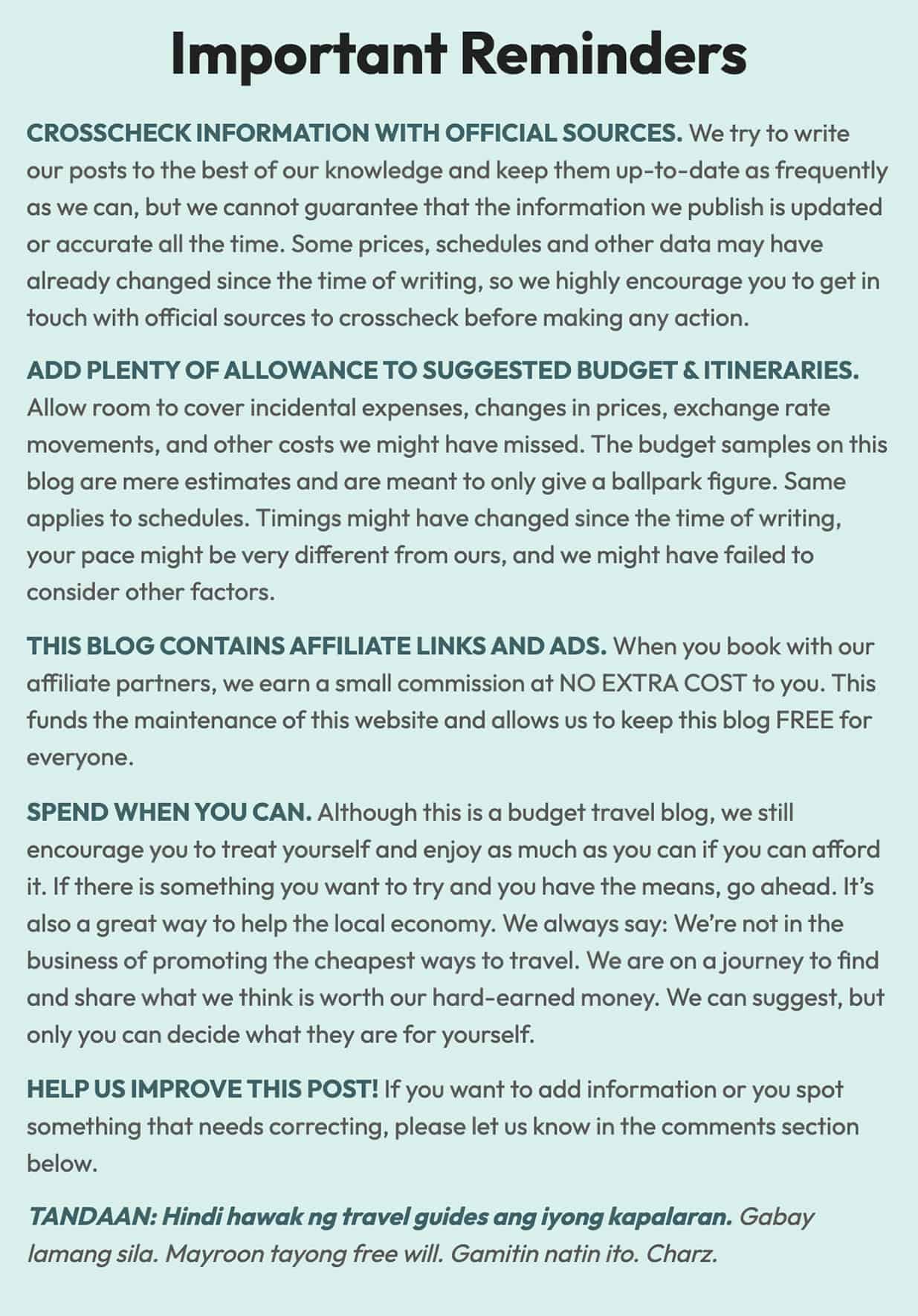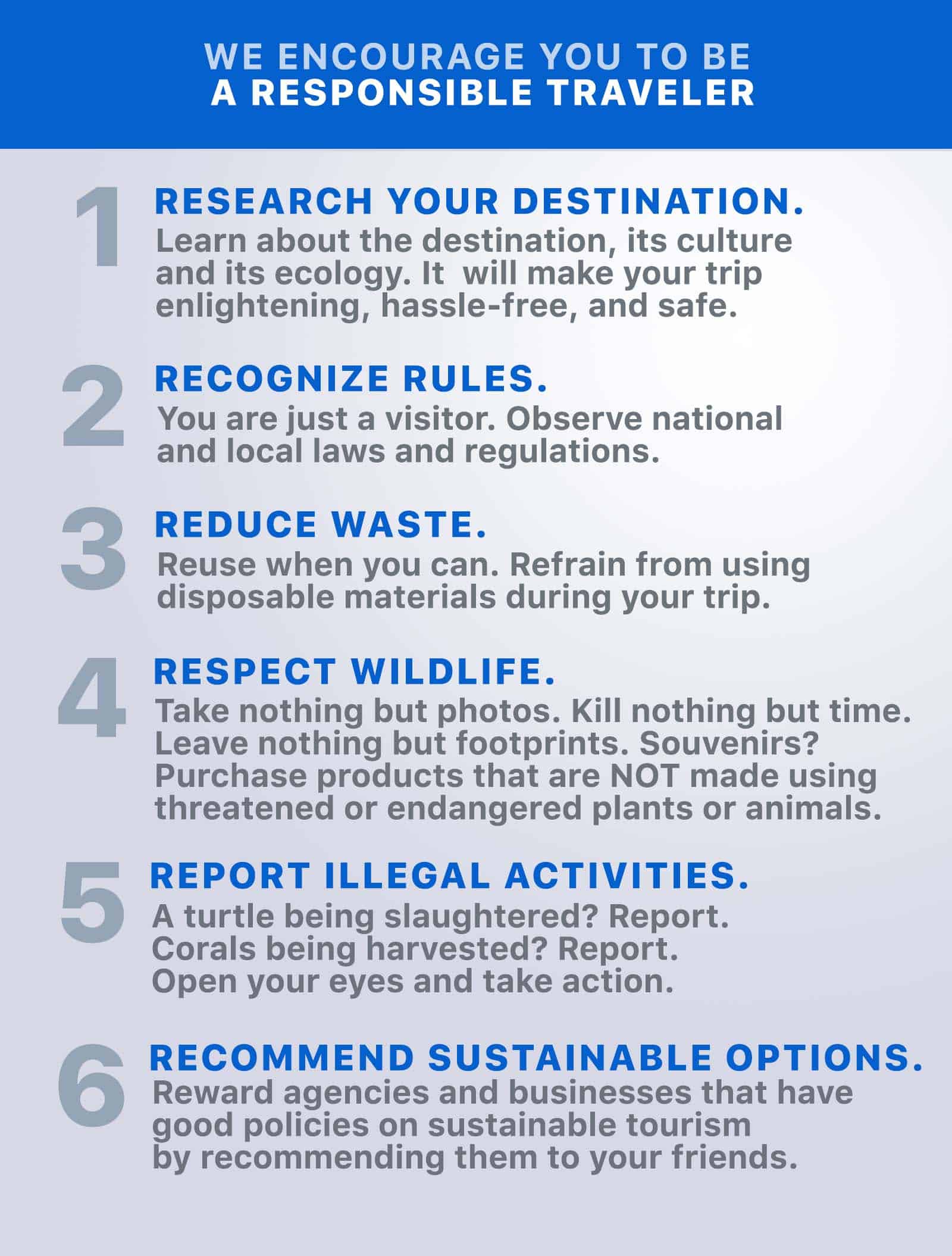Travel insurance can be had through several different means nowadays. Some banks offer their customers travel insurance with their current accounts, while it is also possible to take out travel insurance at a reduced cost with a home insurance policy.
However, the travel insurance offered through these separate products is often lesser in cover to separate policies, which is obviously a very important consideration.
As a result, we recommend that you compare the market to find a policy and a level of cover that’s right for you.
Not sure what to look for? To help you out, below you will discover everything you need to know about travel insurance to make sure that your jollies are, well, jolly!
So without further ado, we’ll start things off with some essential need-to-knows:
Essential things you need to know about travel insurance
- ATOL Protection. Insurance policies with ATOL Protection protect you in the event that your hotel, airline or tour operator goes bust. You will receive a full refund through your policy under the circumstances;
- Extreme circumstances. Some insurance policies include cover for airline cancellations due to extreme circumstances such as atmospheric conditions like ash clouds and ‘acts of god’ – a term airlines use to describe freak weather events;
- Disease diagnosis. If you have been diagnosed with a disease, such as cancer, then a regular insurance policy may not cover you. You may need specialist insurance, but thankfully this rarely costs much more than regular insurance;
- Pre-existing medical conditions. Insurers have been known to duck responsibility and not pay out on a policy because of a failure to inform them of a pre-existing medical condition. These can be anything from broken bones to allergies, so always make sure your insurer knows about your medical history;
- Travelling to dangerous areas. If you travel to an area of the world deemed unsafe by the Foreign and Commonwealth Office, your insurance policy may not cover you.
The different types of travel insurance
These are three main types of insurance policy. These are:
- Single trip cover. Single trip cover is available as a standalone product to cover you for a single tip or holiday. Such cover can cover you for a short trip or for up to a year anywhere in the world with some insurance companies;
- Annual cover. Annual cover is available as a standalone product. With annual cover, you are covered for any trips or holidays you take year-round. Such policies usually work out cheaper than if you were to take out several single trip policies;
- Backpacker cover. This is a specialist insurance product for people who are going to travel to several places. Such policies usually cover you for up to 18 months and they may also cover you for winter sports. They can also include excess cover, so should you need to make a claim, you won’t have to pay any of the claim value.
All of these policies with the exception of backpacker cover are available for individuals or for families and couples. Couple travel insurance is available if you live at the same address as your partner while family travel insurance is usually available for up to two adults and up to four children. However, a ‘family’ policy can become invalid if there are family members travelling independently or if there’s someone not named on the policy.
Where are you going?
Travel insurance policies are often set by area. Why? Simply because doing so makes it easier for customers to buy the right cover. Policies are normally set by the following areas:
- Europe. This is not usually defined by EU member states. Instead, it is defined by the countries that are actually in Europe. Switzerland for example is not an EU member state but European travel insurance will cover your trips there;
- Worldwide excluding the United States. This includes all areas of the world except the US. Such policies are relevant if you have no plans to visit the US and you can often save money by opting for a policy of this type over a worldwide policy;
- Worldwide. This insurance includes all areas of the world and it usually covers you for all trips over national boundaries, such as Gibraltar over Morocco and the USA into Mexico. However, it is always best to tell your insurer where you are going, just to make sure that your level of cover extends to the countries that you will visit.
Optional extras
The list of optional extras offered by travel insurers is extensive. They can include:
- Business travel cover;
- Golf cover;
- Cruise cover;
- Winter sports cover;
- Adventure sports cover;
- Additional baggage cover;
- Excess cover;
And much more.
We recommend you take out a policy which will cover you for any eventuality. A good policy should in truth be sufficient for you however if you plan to take part in any action sports or activities, you will likely need a specialist policy or several optional extras.
Winter sports cover is something you should take out if it is relevant to your trip. This cover will protect you when skiing, sledging, taking part in sledge rides, glacier walking and much more. Cruise cover is a good idea if you are going on a cruise holiday – such cover usually covers prepaid excursions and activities and additional baggage.
How much should you pay?
A good travel insurance policy will cost between £13 and £30 per person for a year. This is a very competitive industry driven by low prices and fantastic deals. However, you should always get the best cover for you which may not to be the cheapest policy on offer.
The best advice we can offer here is to opt for a policy that covers every possible eventuality. Not all policies are the same so read the fine print carefully and clarify anything you do not understand. Lastly, if you do decide to partake in an activity and you are unsure if you have the relevant cover, call your insurance provider before you get too adventurous.
2️⃣0️⃣1️⃣6️⃣•6️⃣•1️⃣4️⃣

























